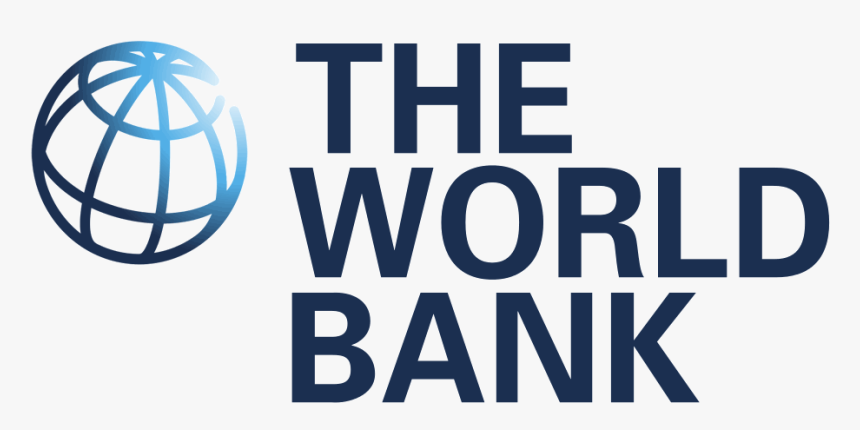Integration and Enhancement of Educational and Childcare Services for Refugee and Host Community Households in Chad.
Chad currently faces a significant humanitarian challenge as it hosts the largest influx of refugees fleeing violence in Sudan. Since April 2023, eastern Chad has received more Sudanese refugees than in the last two decades. Provinces such as Ouaddaï, Wadi Fira, Sila, and Ennedi Est received 496,834 new Sudanese refugees as of December 2023 and 93,700 Chadian migrant returnees according to IOM. An estimated 55 per cent of new arrivals are school-aged children, of whom 29 percent pre-primary, 43 percent primary, and 28 percent secondary school-aged children. An additional 250,000 refugees and 60,000 Chadian migrant returnees could arrive in Chad in 2024. Consequently, providing these refugee children with access to quality education has emerged as a pressing priority for Chad. Addressing this need effectively not only benefits the refugee population but also contributes to the overall development and stability of the country. The integration of refugee children into the national education system is the most sustainable solution to provide quality education.
This project aims to further support the integration and enhancement of educational services for refugee children in Chad, while benefiting host community children. Specifically, it aims to explore and assess various methods for integrating refugee children into the national education system and establish the foundations for an environment that is conducive to policy dialogues and the adoption of results-based initiatives.
The objectives of the study include:
- To design evidence-based interventions aimed at assessing and identifying the most effective methods for facilitating the integration of refugee children into Chad’s national education system, including remedial education programmes.
- To conduct a diagnostic assessment of childcare service provisions and social norms concerning adolescent and refugee mothers.
- To conduct a feasibility study to evaluate the viability and potential of implementing a results-based financing model using school grants and design a proof of concept for per capita financial transfers to schools on the basis of integrating refugee children.
R-DATS’ roles and responsibilities
R-DATS was contracted by the World Bank to assist in conducting data collection to enhance educational support for refugee children in Chad. This includes:
- Running an evaluation on remedial education programs complemented with psychosocial support in order to assess the effectiveness of the policy instrument in facilitating the successful adaptation of disadvantaged children within schools.
- Conducting a feasibility study to evaluate the viability and potential of implementing a results-based financing model using school grants, with a specific focus on its applicability to designing and implementing projects aimed at enhancing school-based management and at preparing and integrating refugee children into school systems.
- Provide technical assistance aimed at formulating an approach to language acquisition and transition with the objective of smoothing the integration of refugee children into school settings and enhancing their educational experiences.
- Conducting a diagnostic assessment of (i) provisions of preschools, childcare services, and social protection programs that are available for rural households with adolescent mothers and refugee mothers, and (ii) social norms, constraints, and barriers faced by these mothers in accessing affordable, quality childcare services
- Providing technical assistance aimed at formulating a training module for grades1–3 community teachers who have become certified after successfully completing a training program.
OVERVIEW
Partner:
The World Bank
Sector:
Education
Themes:
Education in Emergencies, Childcare Services, Refugee Integration, Refugee and Host Community Children.
Country:
Chad
Study type/method:
Mixed-method research (quantitative research and qualitative research)
Implementation period:
2025
Sample Size:
900 refugee and host community households; 29 KIIs, 11 FGDs with government stakeholders, school authorities and community leaders including IDP camp leaders.
Implementation status:
Ongoing
